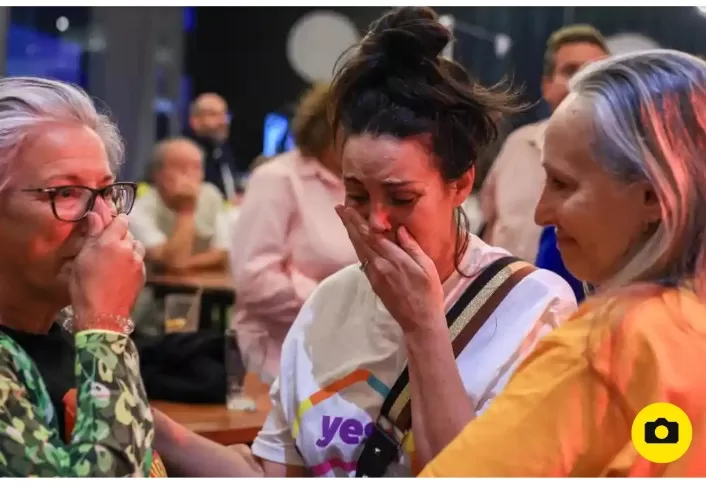Australia’s recent voice to parliament referendum, aimed at recognizing Aboriginal people in the country’s constitution and establishing an advisory body for Indigenous issues, faced a resounding defeat, marking a significant setback for the advocates of reconciliation and Indigenous recognition. Despite strong early support, the yes campaign fell short of the required double majority, which necessitated both a majority of the national vote and majorities in at least four of Australia’s six states.
This outcome, undoubtedly a disappointment for Indigenous advocates, comes after years of persistent struggles for reconciliation and recognition in modern Australia, where First Nations people continue to grapple with discrimination, inadequate healthcare, and economic disparities. The vote took place 235 years after British settlement, 61 years after Aboriginal Australians were granted voting rights, and 15 years after a historic prime ministerial apology for the harm inflicted by government policies, including the forced removal of Indigenous children.
The voice to parliament concept, endorsed by Aboriginal and Torres Strait Islander leaders in 2017, aimed to create an advisory body comprising Indigenous representatives from each state and territory, offering non-binding advice on issues affecting the Indigenous population, which constitutes approximately 4% of the nation. This proposal was intended to be enshrined in the constitution to prevent its removal by future governments.
The referendum question, to amend Australia’s constitution to establish an Aboriginal and Torres Strait Islander voice to parliament, was deliberately left vague, with the details to be worked out after approval. While support for the voice was strong earlier in 2023, it gradually waned, with the no campaign ultimately prevailing.
Opponents argued that such a representative body was unnecessary, that it introduced racial elements into the constitution, and that it would divide the nation. Additionally, some on the far left of the political spectrum and certain grassroots Indigenous activists rejected the voice, advocating for more extensive reconciliation measures, including a treaty with Aboriginal Australians.
The heated debate surrounding the referendum led to an increase in racist abuse directed at Indigenous advocates and public figures. Regardless of the outcome, this referendum highlights the ongoing challenges in Australia’s path towards Indigenous recognition and reconciliation.




